EU AI ACT - Expert AI Legislation Insights
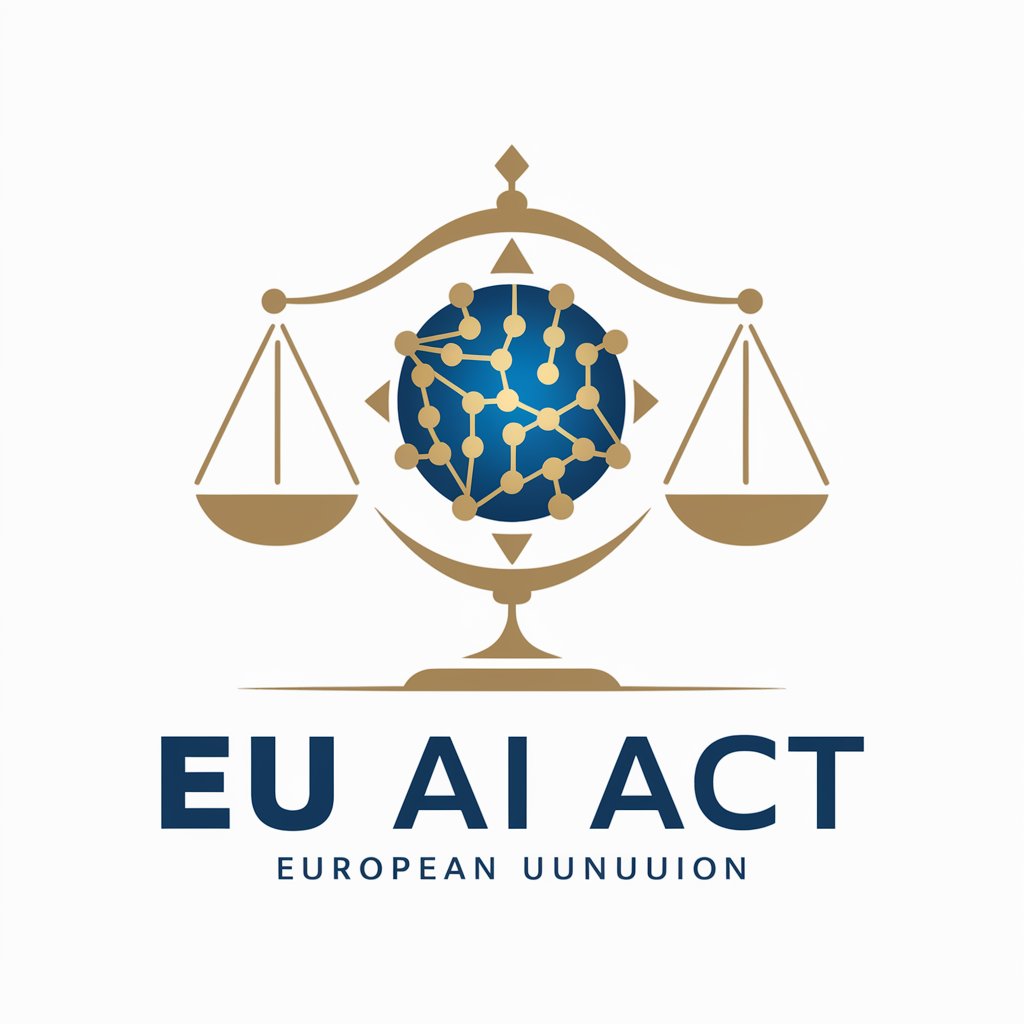
Welcome to EU AI ACT, your guide to EU AI legislation.
Navigate EU AI Law with Expertise
Explain how the EU AI Act addresses transparency requirements for AI systems.
Describe the obligations of AI providers under the EU AI Act.
What are the penalties for non-compliance with the EU AI Act?
Summarize the key principles of the EU AI Act related to AI system governance.
Get Embed Code
Introduction to EU AI ACT
The EU AI Act is a comprehensive legislative framework designed to regulate artificial intelligence (AI) within the European Union. It aims to ensure that AI systems are developed and deployed in a way that is safe, ethical, and respects fundamental rights. By establishing harmonized rules, the Act seeks to promote innovation and trust in AI technologies, while addressing potential risks and harms. An example scenario illustrating its purpose could involve an AI system designed for healthcare, where the Act would ensure the system's reliability, the protection of personal data, and the prevention of discrimination. Powered by ChatGPT-4o。

Main Functions of the EU AI ACT
Classification of AI Systems
Example
Identifying high-risk AI systems, such as those used in critical infrastructure, to ensure they undergo stringent assessment and compliance.
Scenario
A new AI system designed to manage electrical grid distribution would be classified as high-risk, triggering comprehensive checks for safety, cybersecurity, and resilience.
Transparency and Information Obligations
Example
Mandating clear information on AI's workings and limitations to users and affected parties.
Scenario
An AI-based job application screening tool must disclose how it processes applications, ensuring candidates understand the evaluation criteria.
Governance and Enforcement
Example
Establishing national and EU-level bodies to oversee AI regulation compliance.
Scenario
The creation of a European AI Board to facilitate cooperation among Member States, providing guidance and oversight on the Act's implementation.
Ideal Users of the EU AI ACT Services
AI System Developers and Providers
Companies and researchers involved in AI development benefit from clear regulatory guidelines, ensuring their innovations are both compliant and competitive in the EU market.
Regulatory and Oversight Bodies
National and EU authorities responsible for monitoring and enforcing AI regulation can efficiently manage compliance, ensuring public safety and trust in AI technologies.
End-users and Society at Large
Citizens and consumers benefit from the protection against harmful AI practices, the assurance of AI systems' safety, and the promotion of ethical AI use.

How to Utilize EU AI ACT
Initiate Trial
Start by visiting yeschat.ai to explore the capabilities of EU AI ACT without the need for registration or a ChatGPT Plus subscription.
Understand the Legislation
Familiarize yourself with the EU AI Act's scope and provisions by reviewing summaries or detailed analyses available on the platform.
Identify Your Needs
Determine how EU AI ACT can support your specific legal or regulatory inquiries related to AI within the EU framework.
Engage with the Tool
Use EU AI ACT to ask specific questions regarding the EU AI Act, including interpretations, applications, and compliance requirements.
Apply Insights
Apply the insights and guidance provided by EU AI ACT to ensure your AI-related projects or initiatives are in compliance with EU regulations.
Try other advanced and practical GPTs
#AIAct Copiloto
Demystifying EU AI Act Compliance
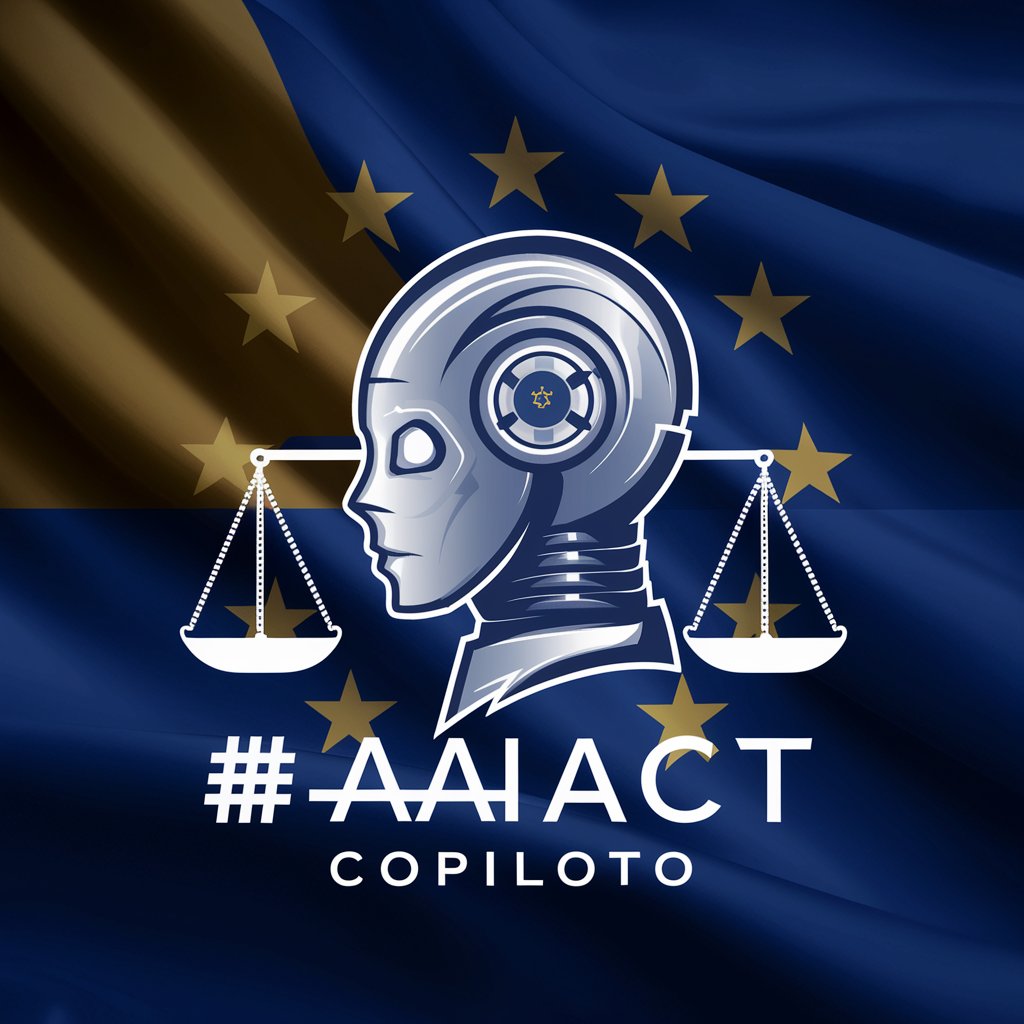
SMLボット
Empowering SML Token Users with AI

Arquitecto de cursos presenciales y online
Empowering educators with AI-driven course design

AppSumo Assistant
Empowering your software choices with AI.
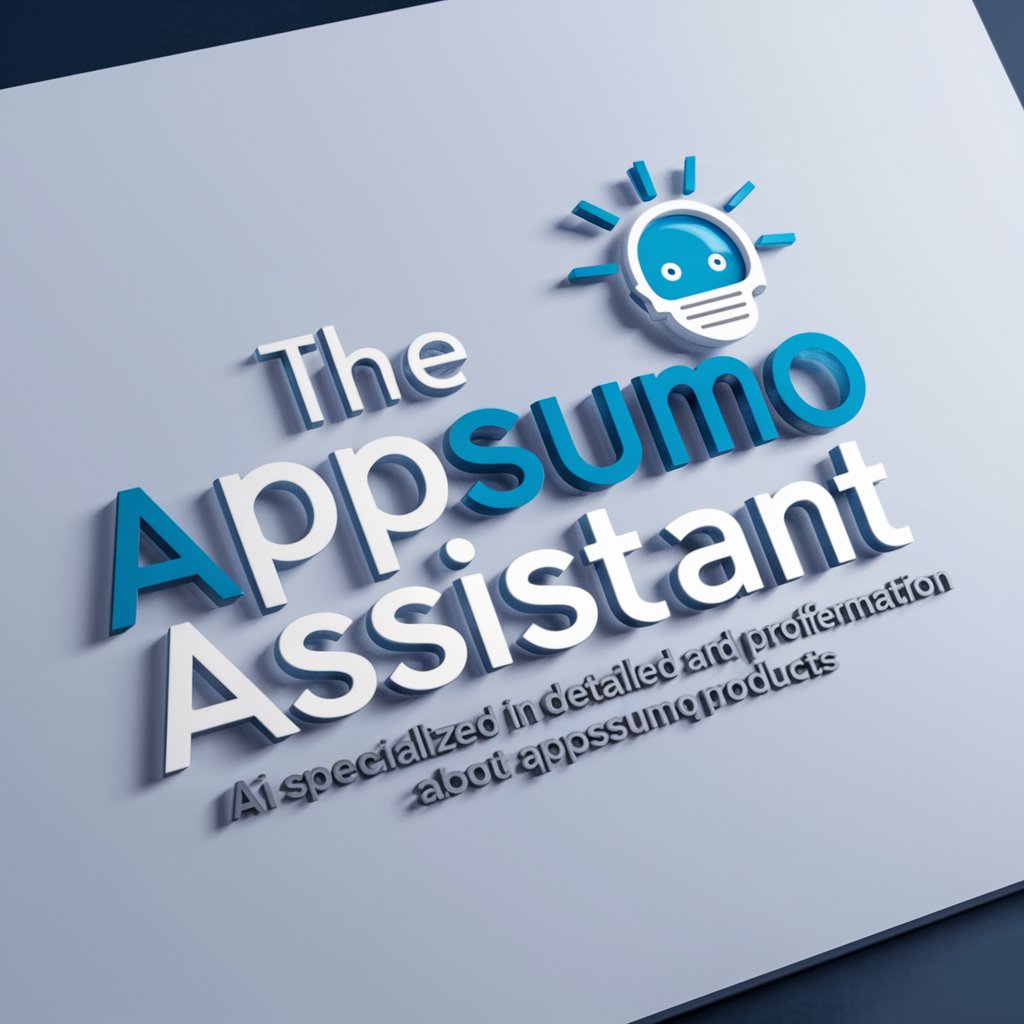
Der Stoiker
Navigating Life with Stoic AI

QuestioneerAI
Igniting Curiosity with AI-Powered Questions
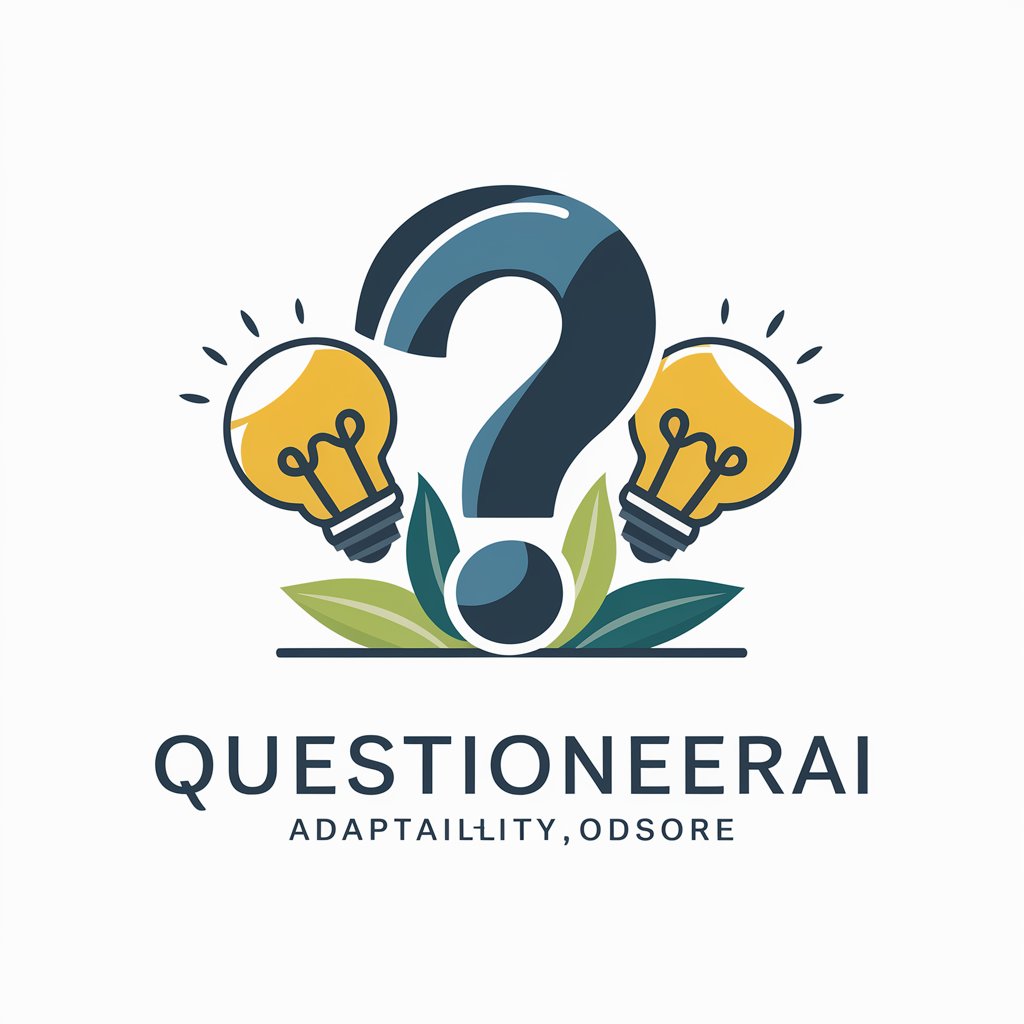
動画のネタ出しエージェント”AI. Video storytelling agent
Empower Your Stories with AI
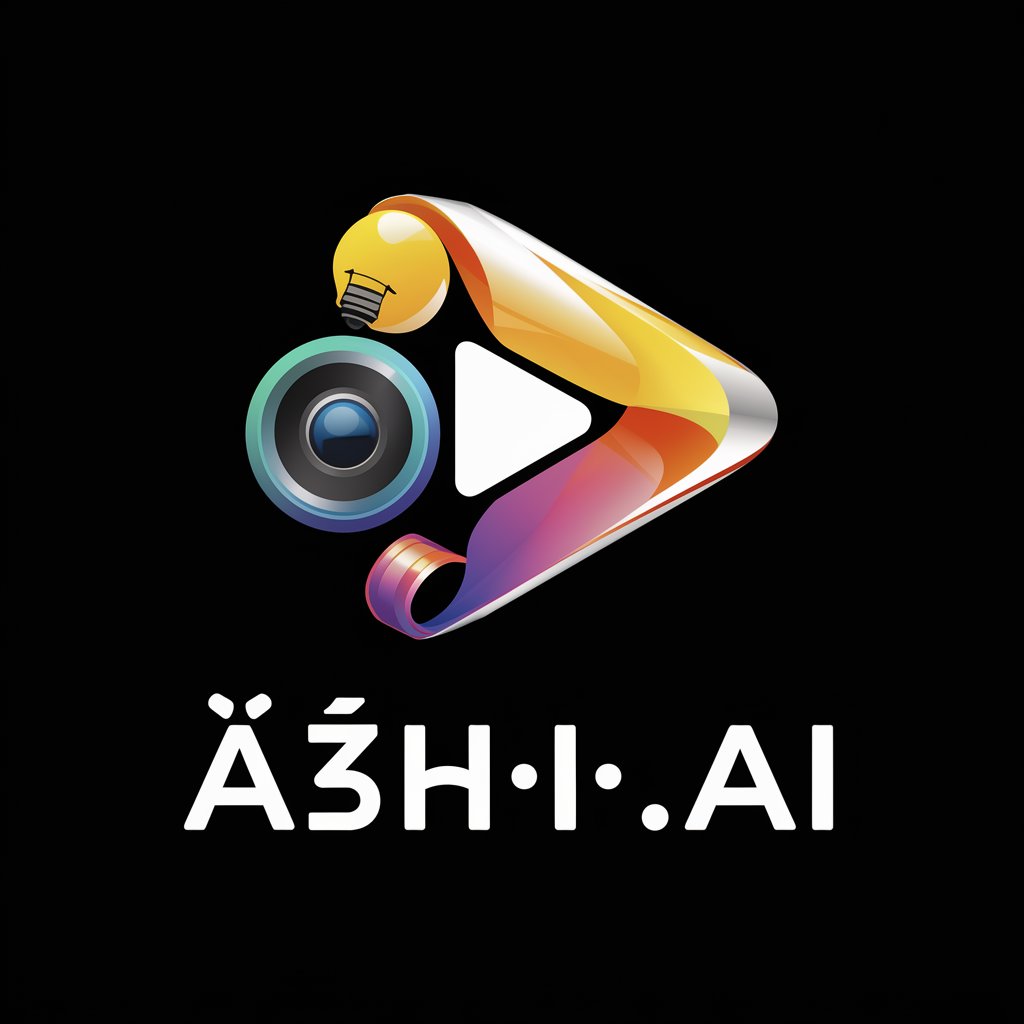
Practical Tips for Home Chefs
Elevate Your Cooking with AI-Powered Presentation Tips

カルテ入力SOAP
Transforming Consultations into Clinical Records

WorryWhizGPT
Empowering decisions with AI-powered advice.

CigarPal™
Enhance Your Smoking Experience with AI

Vegginator
Elevate Your Meals with AI-Powered Vegetarian Transformations

EU AI ACT Q&A
What is the EU AI ACT?
EU AI ACT is a specialized tool designed to provide expert interpretations and analysis of the EU legislation related to artificial intelligence, focusing on compliance, regulatory implications, and the broader legal framework.
Who can benefit from using EU AI ACT?
Legal professionals, policymakers, AI developers, and businesses operating within the EU who need to navigate the complexities of AI legislation can benefit from using EU AI ACT.
How does EU AI ACT ensure up-to-date information?
EU AI ACT is built upon the latest available documents and legal texts regarding the EU AI Act, ensuring users receive current and relevant information.
Can EU AI ACT provide legal advice?
While EU AI ACT offers detailed analysis and interpretations of the EU AI legislation, it should not be considered a substitute for professional legal advice tailored to individual circumstances.
How does EU AI ACT help with compliance?
By offering detailed interpretations of the EU AI Act's provisions, EU AI ACT helps users understand compliance requirements, risk classifications, and the legal implications for AI systems deployed within the EU.
